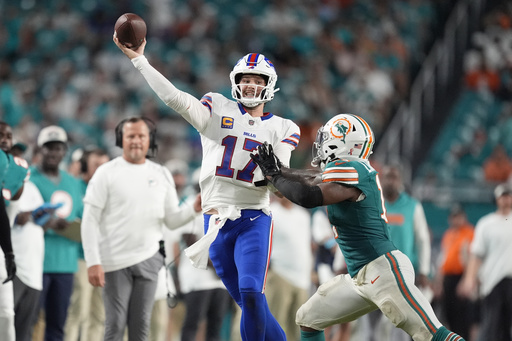Two northeastern legislators, Rep. Paul Tonko of New York and Sen. Richard Blumenthal of Connecticut, have introduced a sports betting regulation bill aimed at addressing the negative impacts of the rapid growth of legal sports betting in the United States since 2018. The bill proposes a ban on in-game advertising and bets on college athletes. Additionally, it seeks to prohibit the use of credit cards to fund online gambling accounts.
According to the Democratic legislators, legal sports betting in 38 states and the District of Columbia has led to an increase in gambling addiction and other associated issues. They argue that the constant availability of betting opportunities during games has contributed to a rise in gambling disorders, resulting in severe consequences for individuals, including the loss of homes, jobs, marriages, and even lives.
Sen. Blumenthal emphasized that the bill is crucial for public health, aiming to curb addiction, protect individuals, and particularly shield young people from exploitation in the gambling industry. However, the proposed legislation faces opposition from the gambling industry, which has advocated for self-regulation to avoid federal standards being imposed on them.
The American Gaming Association, representing the gambling industry, highlighted that sportsbooks already operate under government oversight, generate significant state tax revenue, and offer consumer protections lacking in illegal gambling operations. The industry believes that heavy-handed federal restrictions would disregard the efforts of state legislatures and regulators who have developed tailored frameworks for their jurisdictions.
Critics, including Harry Levant from Northeastern University School of Law’s Public Health Advocacy Institute, liken gambling to addictive substances and argue for government regulation on advertising, promotion, distribution, and consumption. The National Council on Problem Gambling expressed concerns that gambling issues may escalate with the rapid expansion of sports betting in the country.
The bill proposes restrictions on operators, including accepting a limited number of deposits from a customer within a specified time frame and checking a customer’s financial ability before allowing large deposits. It also aims to ban certain types of bets on college or amateur athletes and prohibits the use of artificial intelligence to track customers’ gambling behaviors or create specific gambling products like “micro-bets.”
Overall, the proposed legislation seeks to impose tighter regulations on the sports betting industry to address addiction risks, protect vulnerable individuals, and prevent exploitative practices, but faces opposition from the gambling sector advocating for self-regulation.


